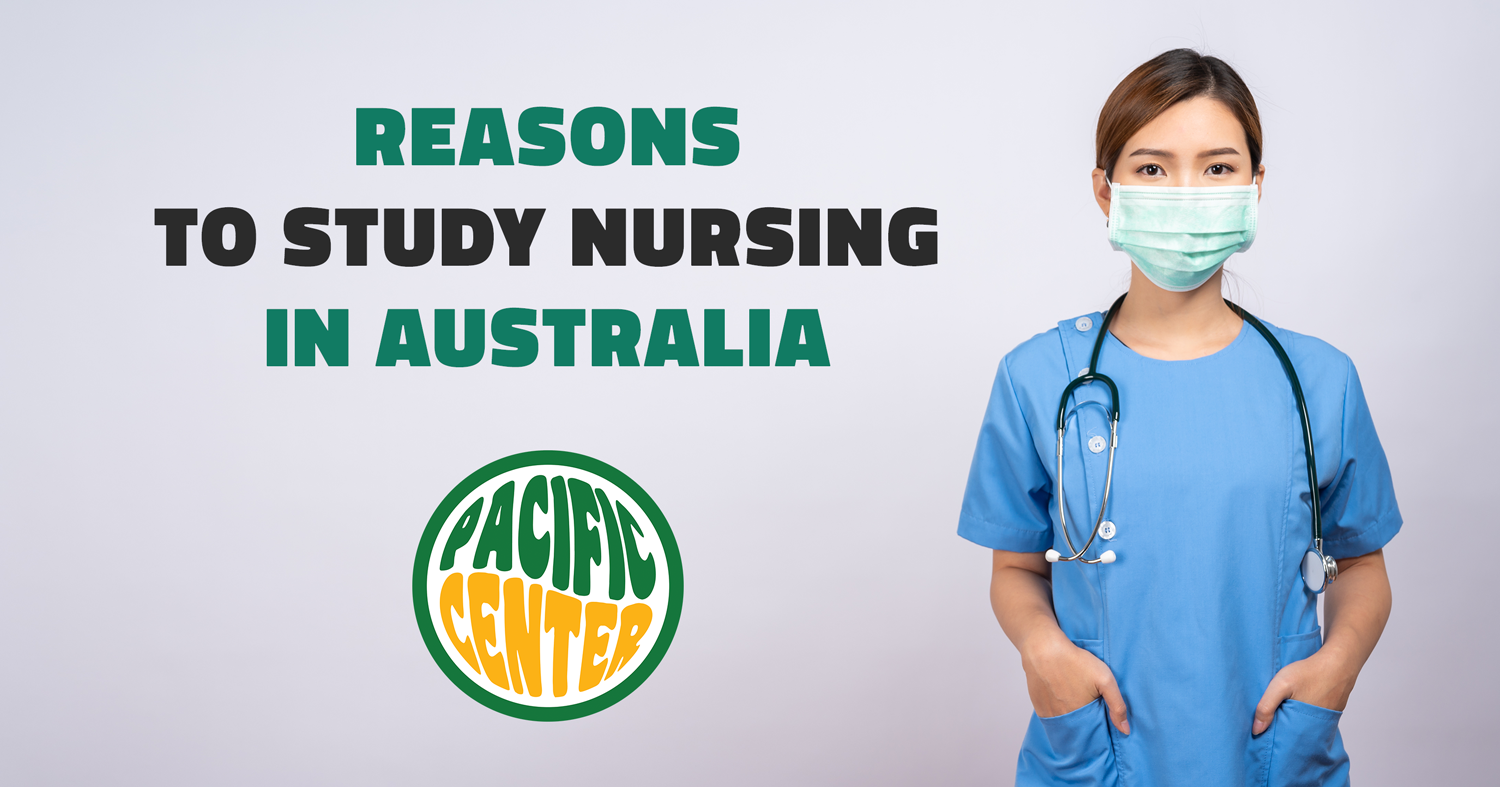Nursing is a health care branch focused, not on direct medical techniques, but on the care of individuals, families, and communities who are unwell or in need of help, so they may maintain health and quality of life.
Three reasons to study Nursing:
- Exciting field of work: as careers go, nursing is rather challenging. So instead of another typical day at the office, your work environment is more adrenaline-filled, a challenging and vibrant affair. As a profession, nursing is required by most people, which means that missions abroad can be common-place. Extrapolating skills to numerous different settings is sure to provide you with the excitement of your future field of work.
- Diversity: the working field of nurses is diverse and they can work anywhere. A nursing degree can be in midwifery, palliative care, school nursing, children’s or adult nursing and many more.
- Transferrable skills: nursing offers training in complex medical care. By studying nursing, the ability to save lives can be transferred to everyday scenarios, making you an asset to your family and society as a whole.
Exploring a pathway to permanent residency after nursing
You’ll be happy to know that the following occupations are in Australia’s skilled occupation list, and thus provides an avenue you could explore to gain permanent residency in Australia.
| Enrolled Nurse | Short-term Skilled Occupation List (STSOL) |
| Mothercraft Nurse | Regional Sponsored Migration Scheme (RSMS) ROL |
| Nurse Educator | Short-term Skilled Occupation List (STSOL) |
| Nurse Manager | Short-term Skilled Occupation List (STSOL) |
| Nurse Practitioner | Medium and Long-term Strategic Skills List (MLTSSL) |
| Nurse Researcher | Short-term Skilled Occupation List (STSOL) |
| Registered Nurse (Aged Care) | Medium and Long-term Strategic Skills List (MLTSSL) |
| Registered Nurse (Child and Family Health) | Medium and Long-term Strategic Skills List (MLTSSL) |
| Registered Nurse (Community Health) | Medium and Long-term Strategic Skills List (MLTSSL) |
| Registered Nurse (Critical care and Emergency) | Medium and Long-term Strategic Skills List (MLTSSL) |
| Registered Nurse (Developmental Disability) | Medium and Long-term Strategic Skills List (MLTSSL) |
| Registered Nurse (Disability and Rehabilitation) | Medium and Long-term Strategic Skills List (MLTSSL) |
| Registered Nurse (Medical Practice) | Medium and Long-term Strategic Skills List (MLTSSL) |
| Registered Nurse (Medical) | Medium and Long-term Strategic Skills List (MLTSSL) |
| Registered Nurse (Mental Health) | Medium and Long-term Strategic Skills List (MLTSSL) |
| Registered Nurse (Paediatrics) | Medium and Long-term Strategic Skills List (MLTSSL) |
| Registered Nurse (Perioperative) | Medium and Long-term Strategic Skills List (MLTSSL) |
| Registered Nurse (Surgical) | Medium and Long-term Strategic Skills List (MLTSSL) |
| Veterinary Nurse | Short-term Skilled Occupation List (STSOL) |
The Government is encouraging skilled workers to move to regional areas to fill the skill shortage gap. It’s advantageous to study in a regional area, for a couple of reasons
- On the points-based system, you would benefit from an additional 5 points by studying in a regional area
- Regional visas have priority processing
- If you gain work in a specified DAMA regional area, you would be exempt from the minimum salary required ($53,900) on the new 494 and 491 visas
What is DAMA? It’s a formal agreement between the government and the regional authority to boost skilled workers in specified regional areas. The benefit of working in a DAMA region is that you don’t need to comply with the minimum annual salary of $53,900 (known as the TSMIT – Temporary Skilled Migration Income Threshold), which makes it slightly easier to apply for the pathway to permanent residency. Under DAMA, you need to be sponsored by the regional area.
If you have questions on studying nursing in Australia or in a regional area, contact your local IDP office to arrange a free appointment.
Nursing Job Working Hours
Nursing offers you flexible working arrangements. Days, evenings, nights, weekends, full-time or part-time, your hours are adaptable and can vary from 4 – 12 hours.
REGISTERED NURSE PATHWAY TO PR
For registered nurses who want to migrate to Australia, we have outlined the procedures involved in applying for a permanent residency visa in Australia.
Requirements:
- Complete a qualification and training in the relevant field.
- Apply for skills assessment upon registration.
- Upon receiving a successful outcome from the skills assessing authority, you can proceed to apply for a visa in Australia.







Leave A Comment